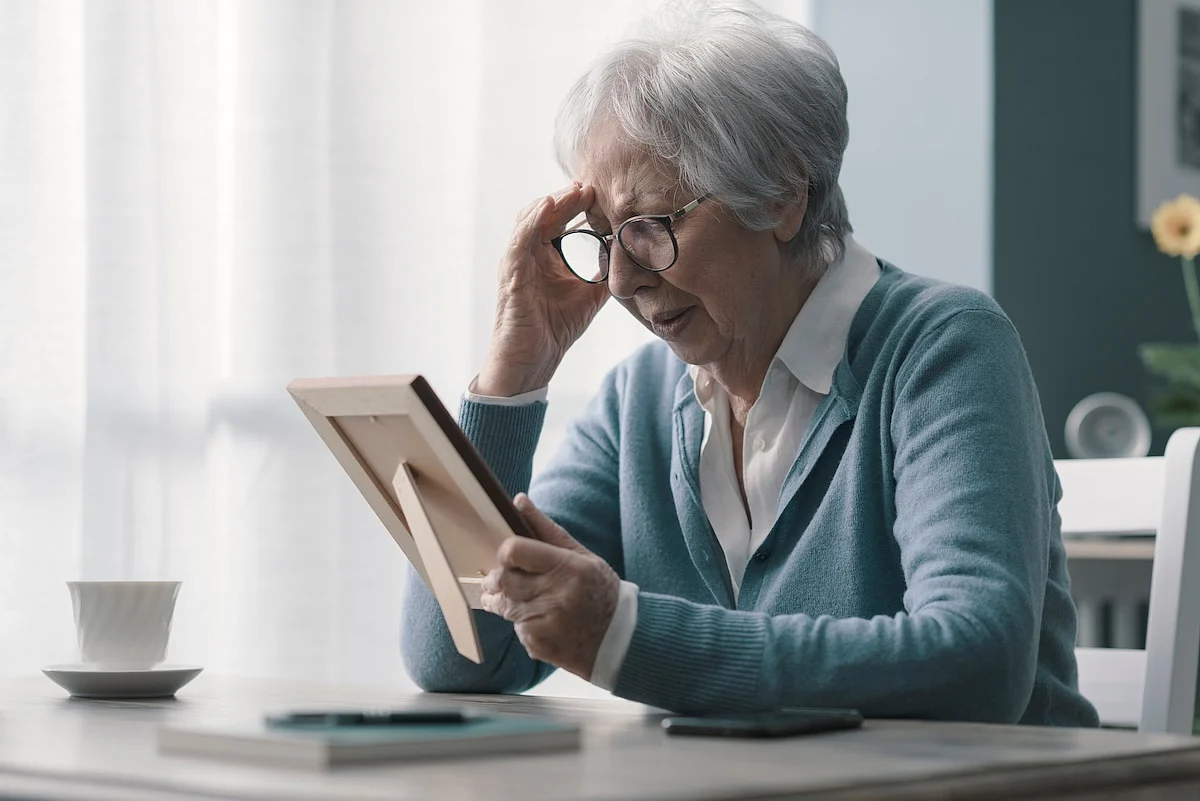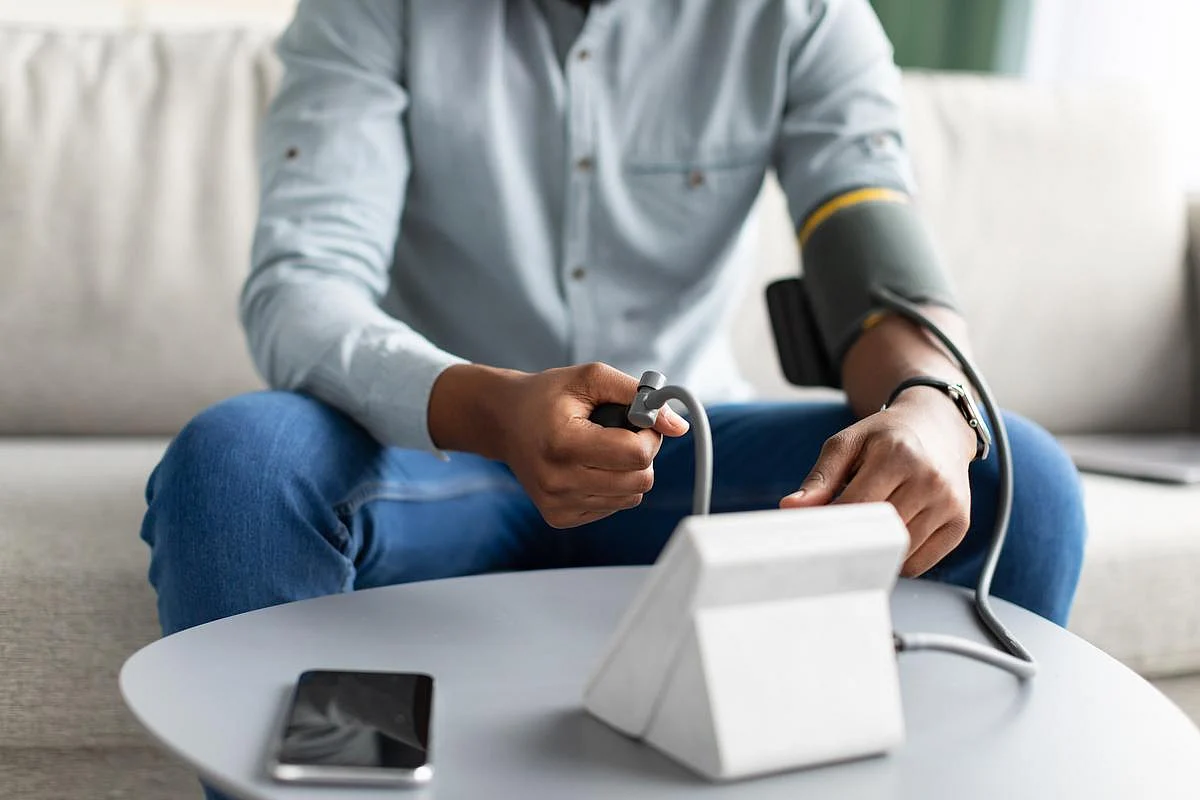
Adult children aren’t likely to fill the void left by the loss of a spouse, a new study says. Becoming widowed might cause a stronger bond between the remaining parent and their children, but these bonds don’t appear to ease the loneliness left by loss, researchers reported July 14 in Aging & Mental Health. These… read on > read on >






























